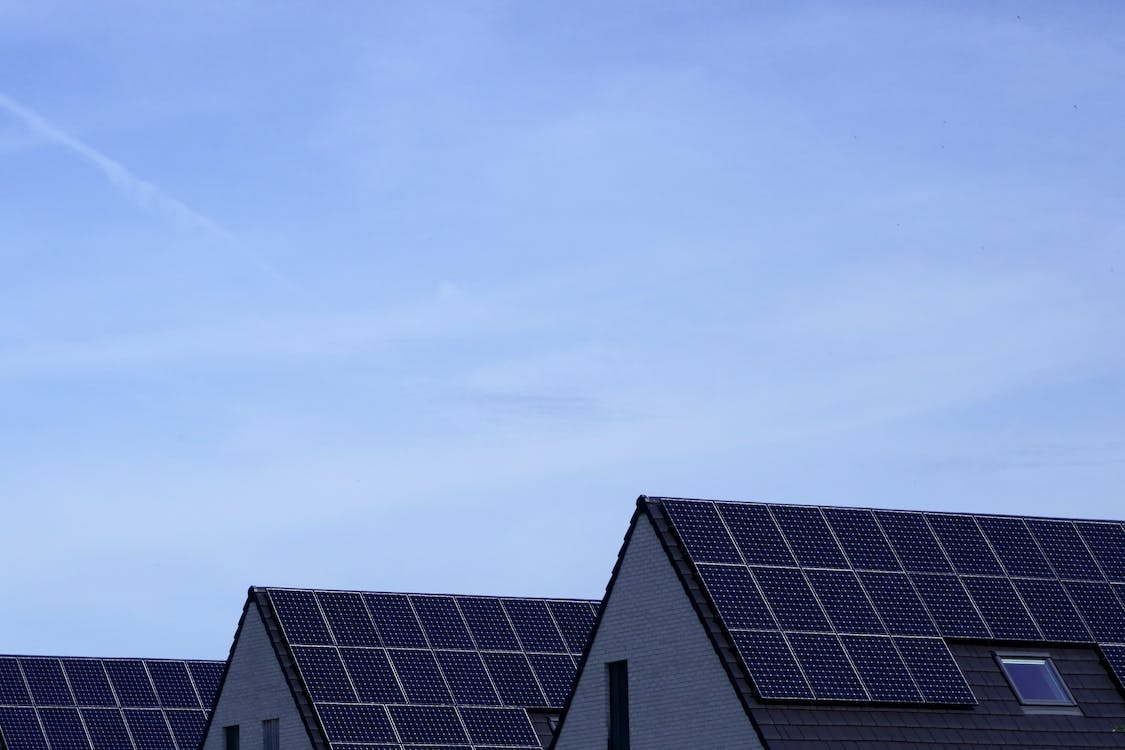
Experts are predicting that the long summer days will boost solar energy production as the industry marks the Summer Solstice and European Solar Day on 21 June.
Recent articles in the Telegraph and the Sun suggested that solar panels do not work efficiently in hot weather, something industry experts say is not true.
Solar power contributed 4.4% of the UK’s electricity needs in 2022, but regularly accounts for more than 25% of demand when it is producing peak output in the summer.
There are over 14 hours of daylight between May and August, with the UK generating 8.67GWh of solar energy on June 21 in 2022.
Areas of the UK which produced the most solar last year were Southeast England (1.68 GW PV generation), the East of England (1.56 GW PV generation), the East Midlands (1.30 GW PV generation) and the Southwest (1.23 GW PV generation), according to data from PV Live.
Solar Energy UK chief executive Chris Hewett said: “With longer and sunnier days, solar power produces high yields of energy, some of which will be stored in batteries for later use. Summer in the UK can often bring unpredictable weather which is why solar generation works well in tandem with other renewable energy sources, such as wind. During sunny weather, it’s typically not windy, so when there’s not enough wind to turn the turbines solar, solar can help make up that difference – and vice-versa.”
Solar panels thrive in sunny seasons, producing ample energy despite temperature effects. In the UK, solar power provides 25-30% of the UK's power needs each lunchtime and supplied 9.5% and 8.9% of demand over the weekend. #SolarPower #RenewableEnergy https://t.co/rOodWsHCPD
— Solar Energy UK (@SolarEnergyUK_) June 13, 2023
Although the peak rate of solar generation in the UK is generally in April or May, more power overall is produced in the summer months due to the longer, sunnier days. The total amount of daily energy produced between May and August are roughly equal.
Alastair Buckley, professor of organic electronics at the University of Sheffield and a technical expert on solar energy said: “High temperatures affect all sorts of components of our electricity systems - losses on transmission cables rise, transformers, coal, nuclear and gas power stations become slightly less efficient and energy output is potentially limited as access to cooling water can be restricted.”
“The fact that solar generators are distributed within the electricity system and reduce our reliance on centralised thermal generation, I believe, makes our electricity system more resilient in the summer. It’s a myth that solar panels wilt or break during a heat wave. While photovoltaic panels convert a slightly lower proportion of sunlight into electricity in hotter conditions, these high temperatures we’re going to see over the coming months will only marginally affect the overall output of solar power – it’s a secondary effect.”
“In short, if it’s sunny and hot, you are going to see a great power output,” Buckley added.
21 June also marks European Solar Day, a Europe-wide campaign promoting the use of solar energy. The day started in 2002 in Austria as ‘Day of the Sun’, and is now an international effort with thousands of local events.